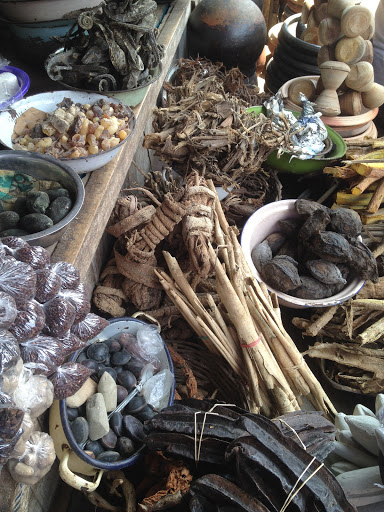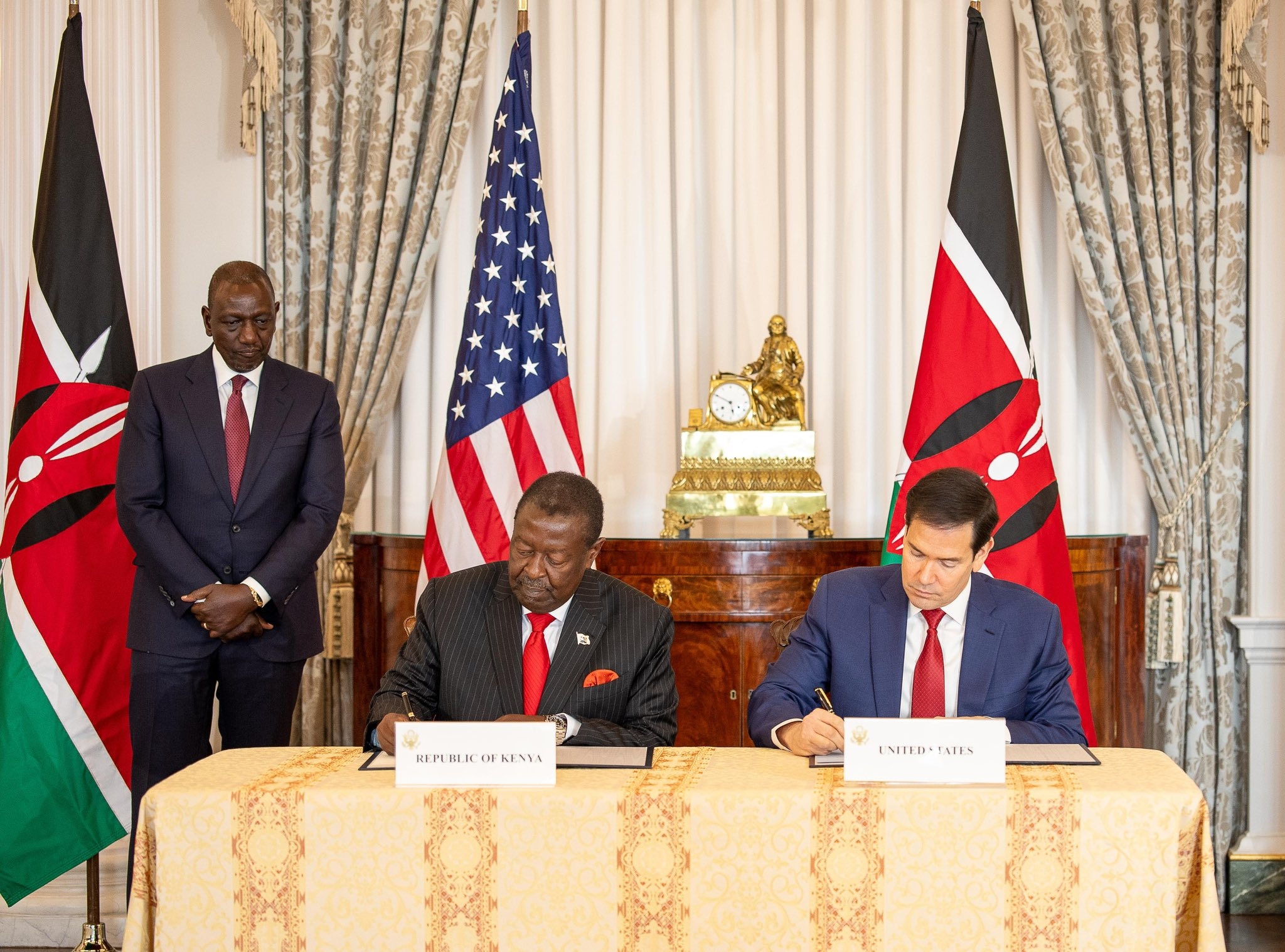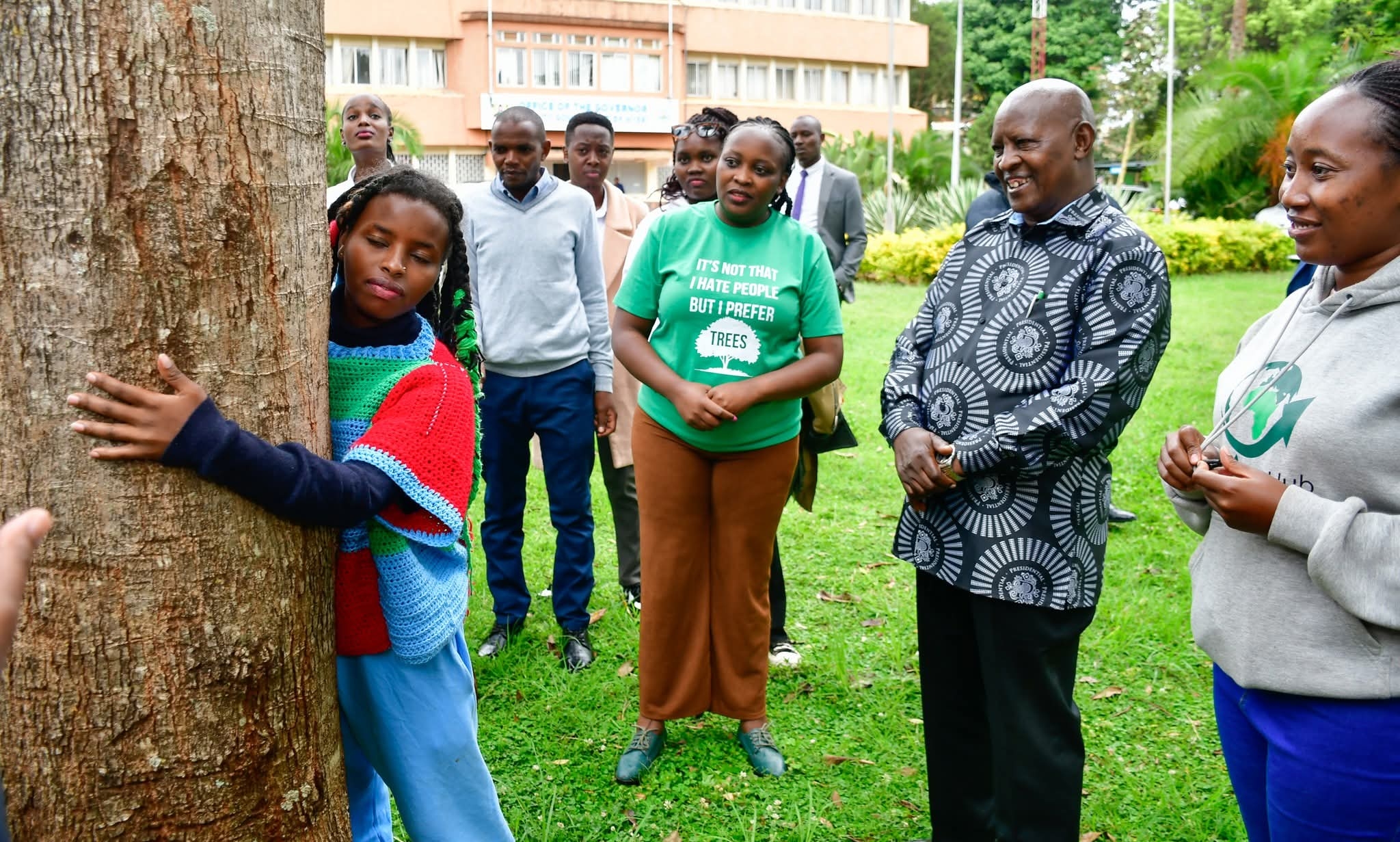

Herbs at a market. /FILE
Lawmakers are considering a new bill that seeks to integrate traditional and alternative medicine into Kenya’s healthcare system.
The Kenya Medical Research Institute Bill, 2025, seeks to establish a framework for the regulation, research and commercialisation of traditional medicinal practices.
Traditional medicine has long been marginalised despite its widespread use among Kenyans, especially in handling non-communicable diseases.
The Bill sponsored by Health committee chairman James Nyikal (Seme MP) commits to recognising traditional and alternative medicine as a complementary component of conventional healthcare.
The legislation seeks to introduce stringent quality controls, provide for the conservation of medicinal plants and safeguard against exploitation.
“The government shall recognise and integrate traditional medicine in a manner that complements the conventional healthcare system,” the Bill reads in part.
Kenya Medical Research Institute will spearhead research to validate the safety and efficacy of traditional remedies.
Nyikal says the proposed law would help seal a critical gap in the sector where unregulated products often pose health risks.
“It is a way to encourage the use and integration of traditional and alternative medicine products in the healthcare system in the country,” the MP said in the Bill's memo.
If approved, Kemri will assess traditional medicines using biochemical and clinical trials, ensuring they meet national and international safety benchmarks.
“The institute shall support regulatory bodies to establish and enforce high-quality assurance standards and conduct market surveillance to ensure the products are safe and of high quality.” Kemri would also be tasked with preventing misleading information about herbal medicine and regulating their labelling, advertising and marketing.
The Bill further criminalises false claims about traditional remedies, with penalties of up to three years in jail or fines of Sh3 million for offenders.
There would also be a national database to document validated traditional knowledge, preventing biopiracy and ensuring benefits flow back to communities.
It would be an offence to add unauthorised substances to medicines, sell products with no treatment benefit, make claims about herbs working without scientific evidence, or sell products without proper toxicology tests.
Manufacturing and sale of the products in an unhygienic environment will also be an offence in the proposed dispensation.
Nyikal holds that the legal instrument establishing the institute – the Kemri Institute Order of 2021—is insufficient for the task it is mandated to undertake in the country.
“Kemri is currently established through a legal order, hence it has an inadequate legal framework. The Bill, therefore, redresses this by providing an elaborate legal framework.”
The bill’s scope extends beyond traditional medicine and empowers Kemri to conduct cutting-edge biomedical research and oversee clinical trials, including during public health emergencies.
Kemri would also be tasked with managing biobanks and intellectual property, in a move aimed at ensuring Kenya retains rights to discoveries.
Kenya joins nations like China and India, which have heavily formalised the use of traditional medicine in their healthcare systems.
WHO guidelines promote integrative healthcare, especially in rural areas with limited access to conventional medicine.
The Bill also proposes a Scientific and Ethics Review unit, which shall comprise disciplinary committees to enforce ethics.
Kemri is also being tasked to develop programmes aimed at building the capacity of traditional and alternative medicine practitioners, herbal product developers and healthcare professionals. It is further proposed that the institute would cooperate with the Nacosti and be the body responsible for research for human health and approve such research proposals.













